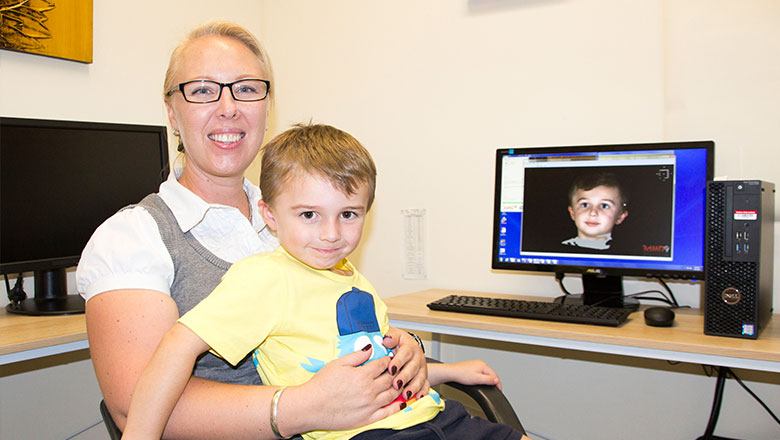Search
Research
Do children with autism 'switch off' to speech sounds? An investigation using event-related potentialsAutism is a disorder characterized by a core impairment in social behaviour. A prominent component of this social deficit is poor orienting to speech.
Research
Autism and diagnostic substitution: Evidence from a study of adults with a history of developmental language disorderRates of diagnosis of autism have risen since 1980, raising the question of whether some children who previously had other diagnoses are now being diagnosed...
Research
Evidence against poor semantic encoding in individuals with autismThis article tests the hypothesis that individuals with autism poorly encode verbal information to the semantic level of processing, instead paying greater...

News & Events
Directing immune development to curb sky-rocketing diseaseOnce upon a time it was infectious diseases like polio, measles or tuberculosis that most worried parents. With these threats now largely under control, parents face a new challenge – sky-rocketing rates of non-infectious diseases such as asthma, allergies and autism.

News & Events
New autism guideline a lifeline for familiesProfessor Andrew Whitehouse tells how Australia’s first national guideline for the diagnosis of autism spectrum disorder is going to transform the way the condition is assessed and managed, vastly improving the experience for families.

News & Events
The Kids Researchers to explore NEC Artificial Intelligence technologies for new medical diagnostic toolsThe Kids has signed an MoU with leading technology developer NEC Australia to explore opportunities to apply NEC’s AI technologies in our medical research.

News & Events
The Kids researchers finalists in Premier’s Science AwardsThe Kids Research Institute Australia has two researchers and an innovative science engagement initiative as finalists in the 2017 Premier’s Science Awards.

News & Events
Fundraising star: Chloe (11) Bakes for Autism ResearchChloe recently decided to bake cupcakes to sell to her school friends and teachers and it was all for a cause very close to her heart - autism research.

News & Events
Australia’s first Autism Biobank to help improve early diagnosesA world leading Autism biobank has been officially launched in Australia today by the Minister for Health, the Hon Sussan Ley.

News & Events
3D face scanner could improve early diagnosis for kids with autismCan you see signs of autism in a child's facial features? Telethon Kids researchers have acquired new face scanning technology to help answer this question.
